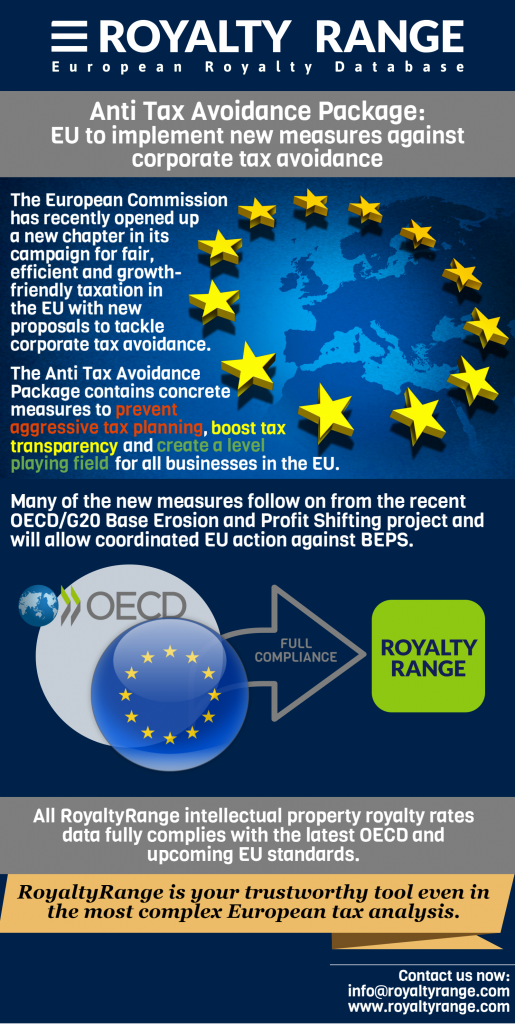In recent years, the European Union has intensified its efforts to curb tax avoidance, a practice that has significant implications for both member states’ economies and global corporate behavior. The introduction of anti-tax avoidance measures in EU treaties marks a pivotal step in addressing these concerns. This article delves into the intricacies of these measures, exploring their design, implementation, and the subsequent impact on multinational corporations operating within the EU.
Unpacking Anti-Tax Avoidance in EU Treaties
The European Union has long been a proponent of fair taxation and transparency within its internal market. The introduction of anti-tax avoidance measures in EU treaties is a testament to its commitment to these principles. These measures are primarily designed to prevent profit shifting and base erosion, two tactics commonly employed by multinational corporations to minimize their tax liabilities. By implementing directives like the Anti-Tax Avoidance Directive (ATAD), the EU aims to create a more level playing field, ensuring that companies pay their fair share of taxes regardless of where they operate within the Union.
The ATAD, which came into effect in 2016, encompasses several key provisions aimed at tackling tax avoidance. These include rules on controlled foreign companies, limitations on interest deductions, and exit taxation, among others. Each of these provisions targets specific strategies used by corporations to reduce their tax burden. For instance, by addressing controlled foreign companies, the directive seeks to prevent profits from being shifted to subsidiaries in low-tax jurisdictions. This comprehensive approach highlights the EU’s dedication to maintaining the integrity of its tax systems.
Furthermore, the implementation of these measures is supported by the EU’s emphasis on cooperation and information sharing among member states. This collaborative approach is vital, as tax avoidance is a transnational issue that requires coordinated efforts to address effectively. By fostering an environment of cooperation, the EU enhances its ability to monitor and enforce compliance with anti-tax avoidance measures, thereby strengthening the overall impact of these initiatives.
Assessing the Impact on Multinational Corporations
The introduction of anti-tax avoidance measures in EU treaties has had a profound impact on the operations of multinational corporations. For many companies, these measures necessitate significant changes in their tax planning strategies. The restrictions on profit shifting and base erosion have compelled corporations to reassess their financial structures, ensuring they align with the new regulatory landscape. This shift has, in some cases, led to increased tax liabilities, as corporations can no longer exploit loopholes to the same extent as before.
Moreover, the compliance costs associated with these measures cannot be overlooked. Multinational corporations are now required to invest more resources into understanding and adhering to the complex web of regulations introduced by the ATAD. This includes maintaining detailed records, conducting thorough transfer pricing analyses, and ensuring that intra-company transactions are appropriately documented. While these measures aim to promote transparency and fairness, they also pose a considerable administrative burden on corporations, particularly those with extensive international operations.
Despite these challenges, the impact of the EU’s anti-tax avoidance measures is not solely negative for multinational corporations. In the long run, these regulations could foster a more stable and predictable business environment. By reducing the prevalence of aggressive tax planning, the EU aims to create a more equitable market where competition is based on economic merit rather than tax advantages. For corporations committed to sustainable and responsible business practices, this can translate into a more level playing field and potentially enhance their reputation among stakeholders.
The implementation of anti-tax avoidance measures in EU treaties represents a significant shift in the region’s approach to corporate taxation. While these measures pose challenges for multinational corporations, they also offer the potential for a more equitable and transparent business environment. As the EU continues to refine and enforce these regulations, the true impact on both member states and global corporate practices will become increasingly apparent. Ultimately, the success of these initiatives will depend on the EU’s ability to balance the need for fair taxation with the realities of an interconnected global economy.
